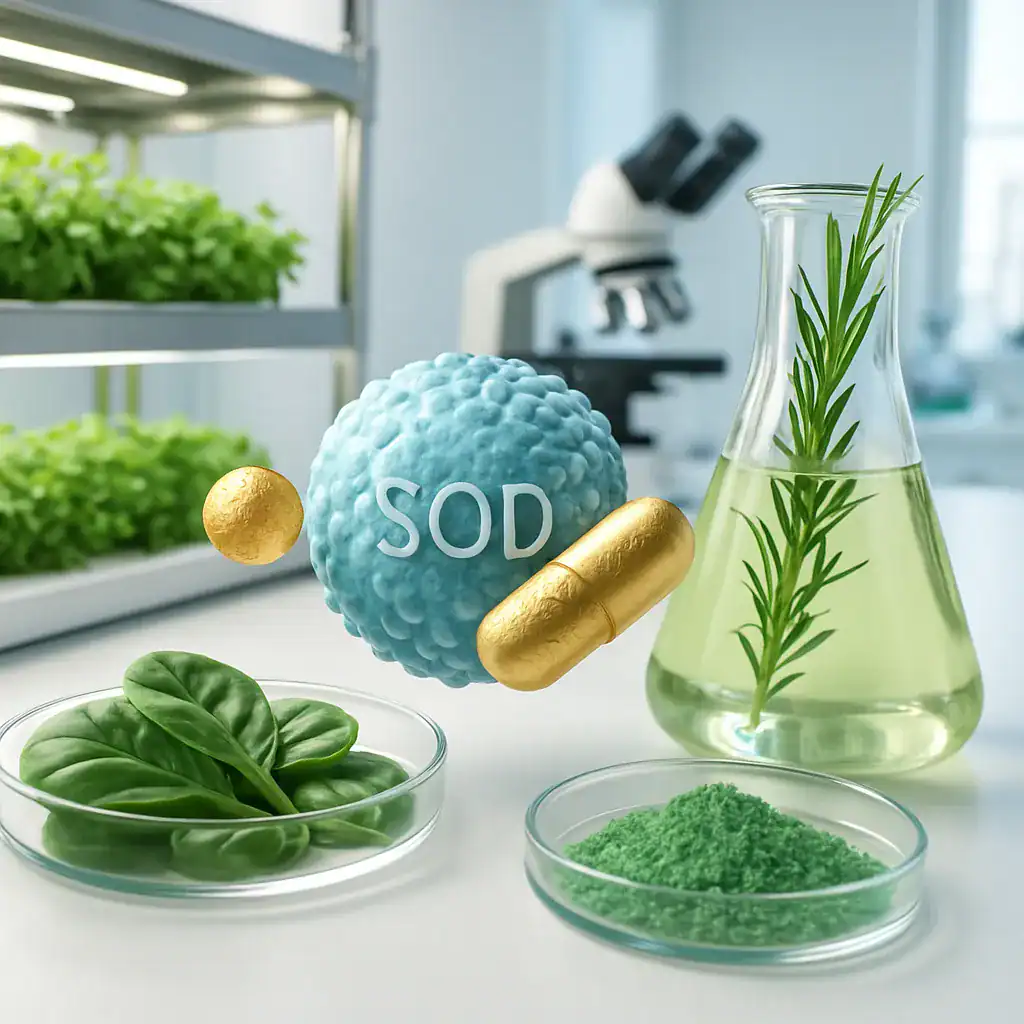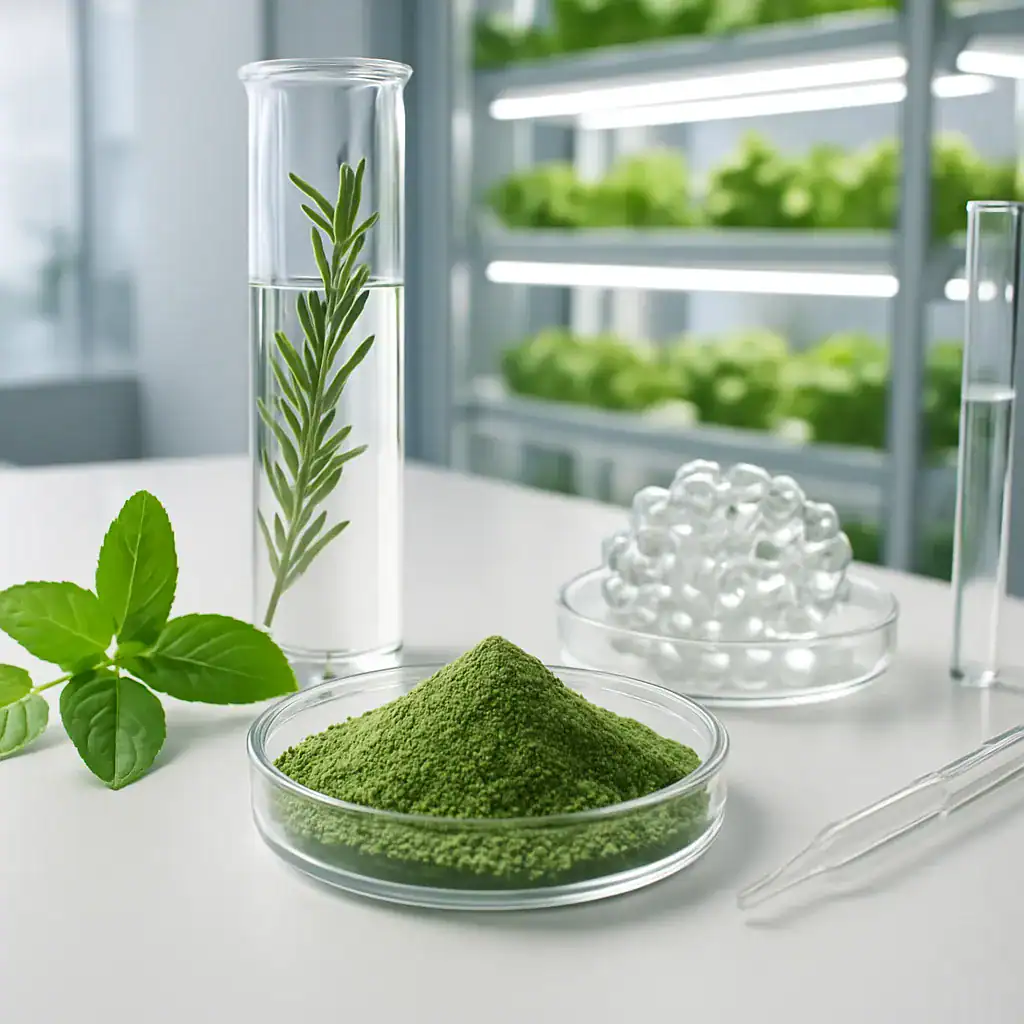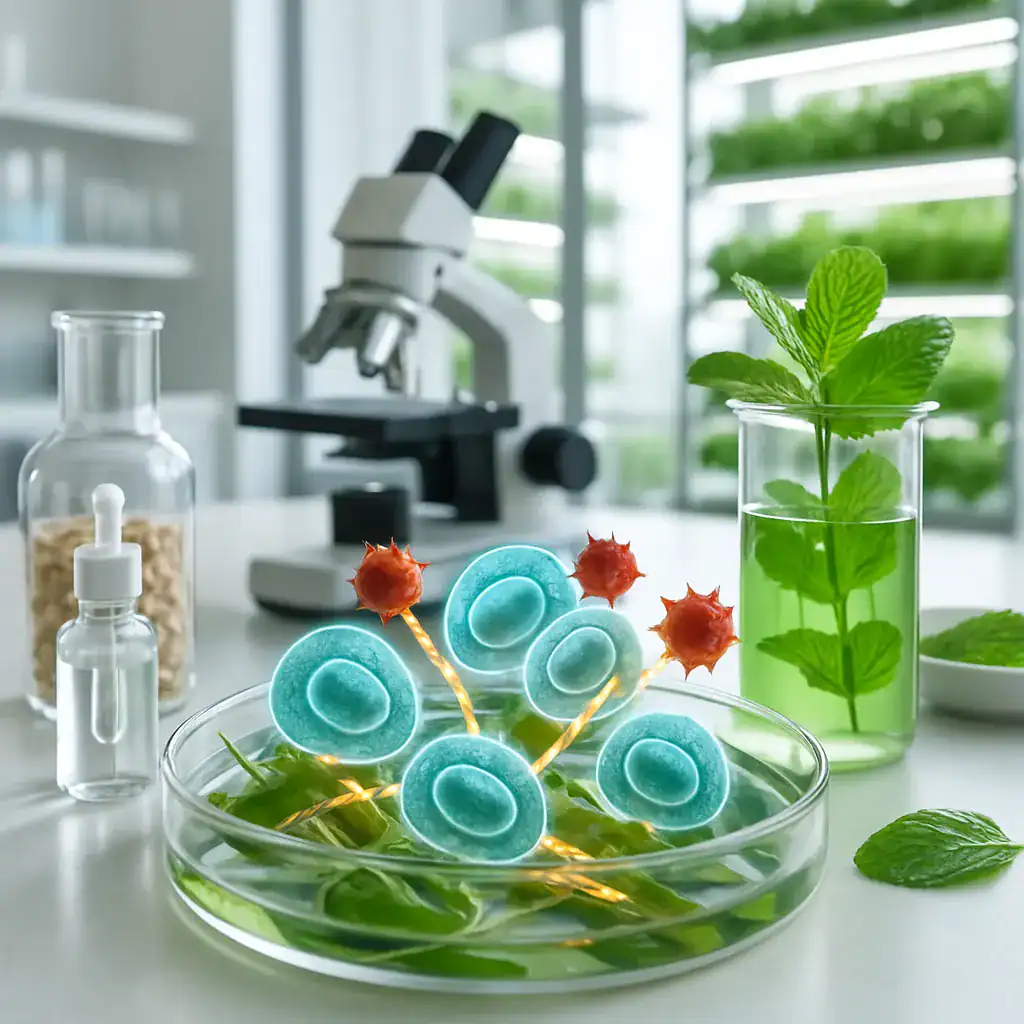Residue-Free Farming: How Sustainable Practices Improve Herbal Quality
Understanding Indoor Farming and Its Growing Importance
Indoor farming represents one of the most significant agricultural innovations of our time. You might have heard the term before, but have you ever considered how fundamentally it’s changing our food systems? Indoor farming, sometimes called controlled environment agriculture, involves growing crops within enclosed structures where environmental factors—light, temperature, humidity, and nutrients—can be precisely controlled. This approach to cultivation is gaining tremendous momentum as populations grow and arable land diminishes.
What makes indoor farming particularly remarkable is its ability to address multiple challenges simultaneously. From climate change resilience to water conservation, the benefits extend far beyond simple crop production. This agricultural methodology aligns perfectly with PhNóva’s commitment to sustainable botanicals for nutraceutical applications. Their Vertical Farming Botanics division specializes in developing food-derived products with enhanced bioactive properties—products that don’t just nourish but actively contribute to preventing chronic diseases and supporting longevity.
But have you ever wondered why traditional farming methods might not be sufficient for our future needs? The answer lies in the extraordinary efficiency and consistency that indoor farming provides, especially when used to grow high-value medicinal and nutraceutical plants.
Key Benefits of Indoor Farming for Health and Sustainability
Extraordinary Environmental Control
When you work with plants for nutraceutical purposes, consistency is non-negotiable. Indoor farming provides unprecedented control over growing conditions. Temperature, humidity, light spectrum, and photoperiod can all be precisely calibrated to optimize plant growth and—more importantly—maximize the production of beneficial bioactive compounds.
This level of control means that plants like those used in PhNóva’s Vertical Farming Botanics can be grown to contain optimal levels of superoxide dismutase (SOD) and other powerful antioxidants. The environment literally shapes the biochemical profile of these plants, enhancing their medicinal properties in ways traditional farming cannot match.
Year-Round Production Independent of Climate
You’re likely familiar with the seasonal nature of traditional agriculture. But what if critical medicinal plants could be produced consistently throughout the year? Indoor farming makes this possible by creating artificial environments that remain optimal regardless of outside conditions.
This year-round production capability ensures steady availability of raw materials for nutraceutical formulations. For nutritionists and dietitians, this means being able to recommend consistently available supplements to clients without seasonal gaps or quality fluctuations.
Dramatic Reduction in Water Usage
Have you considered that conventional agriculture accounts for approximately 70% of global freshwater use? It’s a staggering figure, especially as water scarcity becomes a growing concern worldwide. Indoor farming systems, particularly advanced hydroponic and aeroponic systems, can reduce water consumption by up to 95% compared to conventional farming.
This efficiency stems from the recirculation of water within closed systems, minimizing evaporation and runoff. For companies like PhNóva that prioritize sustainability alongside efficacy, this water conservation aspect represents a critical environmental benefit of their vertical farming approach.
Enhanced Bioactive Compound Production
Perhaps most relevant to PhNóva’s work is indoor farming’s ability to enhance the production of bioactive compounds in plants. By manipulating environmental stressors and growth conditions, indoor farmers can stimulate plants to produce higher concentrations of beneficial compounds like flavonoids, polyphenols, and enzymes such as superoxide dismutase.
These compounds form the foundation of PhNóva’s nutraceutical products, offering potential to prevent chronic diseases, improve overall health, delay aging, and enhance longevity. The controlled stress environments possible in indoor farming can essentially “train” plants to produce more protective compounds—compounds that ultimately benefit human health when consumed.
Revolutionizing Nutraceutical Production Through Indoor Farming
Superior Quality Control and Consistency
When you’re developing medical-grade botanical products, contamination isn’t just an inconvenience—it’s unacceptable. Indoor farming virtually eliminates the risk of environmental contaminants such as heavy metals, pesticides, and microbial pathogens that commonly affect outdoor crops.
This clean growing environment is particularly crucial for PhNóva’s commitment to providing raw materials that are 100% natural and free from chemicals and additives. When plants are grown in controlled indoor settings, they remain protected from the unpredictable exposure risks of outdoor environments, ensuring pharmaceutical-grade purity.
Accelerated Growth Cycles and Resource Efficiency
You might be surprised to learn that indoor farming can dramatically accelerate plant growth cycles. By optimizing all environmental factors simultaneously, growth rates can increase by 30-50% compared to traditional farming. This efficiency translates to more harvests per year and greater production of valuable botanicals.
For nutraceutical companies, this means more reliable access to key ingredients and reduced time from cultivation to formulation. The vertical nature of these farming systems also maximizes space utilization, producing more crop per square foot than conventional horizontal farming—a critical consideration as agricultural land becomes increasingly scarce.
Precision Phytochemical Production
That’s clear, but have you ever considered that indoor farming allows for something even more remarkable—the precise cultivation of plants with specific phytochemical profiles? By adjusting specific environmental conditions, growers can influence exactly which compounds plants produce and in what quantities.
This capability aligns perfectly with PhNóva’s focus on developing targeted nutraceutical solutions. Whether optimizing plants for maximum superoxide dismutase production to support joint and heart health, or enhancing other bioactive compounds for specific health applications, indoor farming provides unprecedented control over the medicinal properties of botanicals.
The integration of advanced biochemical research with controlled environment agriculture represents the future of plant-based health solutions—a future where nutraceuticals can be more effective, more consistent, and more sustainable than ever before.
Our Key Areas of Expertise

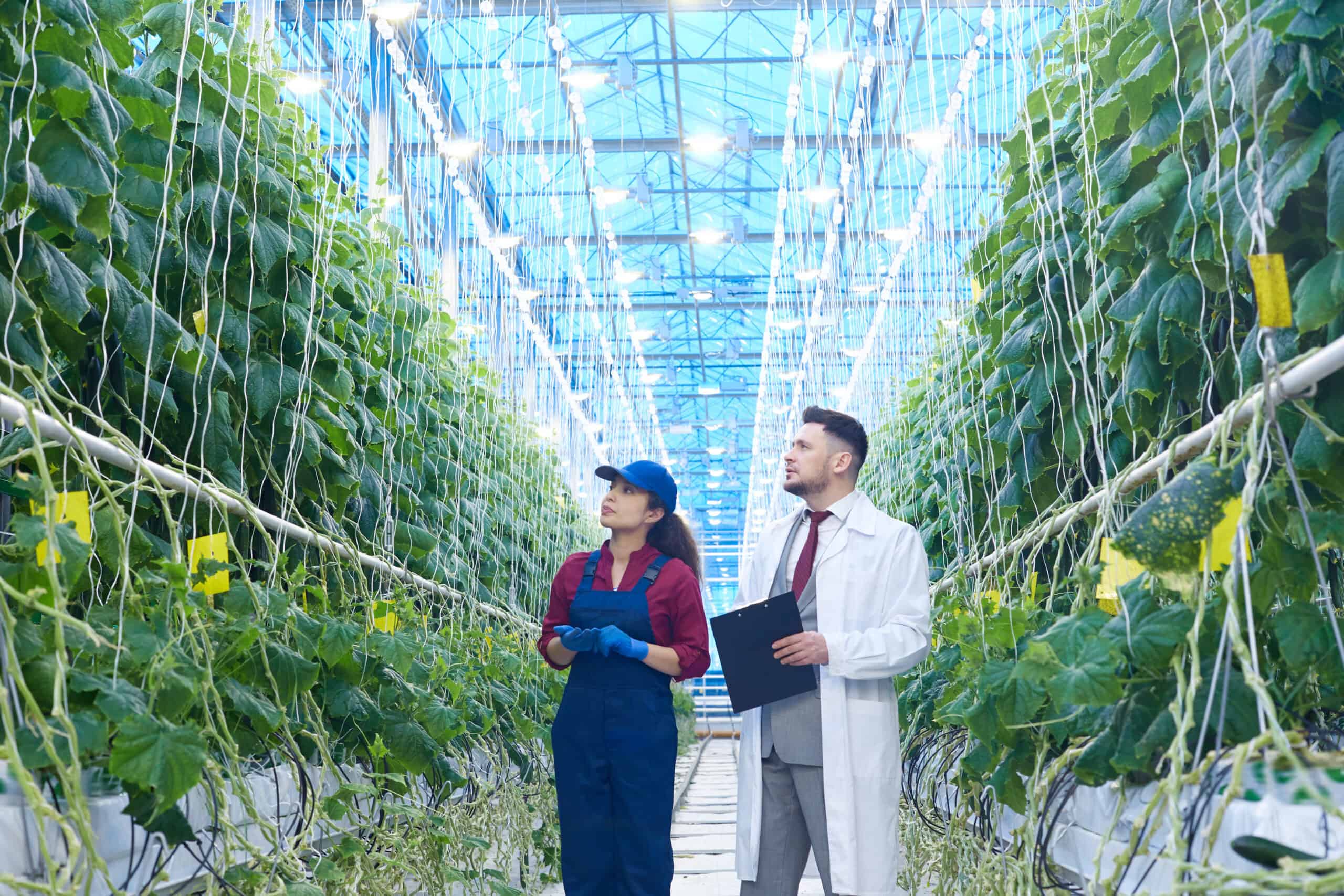
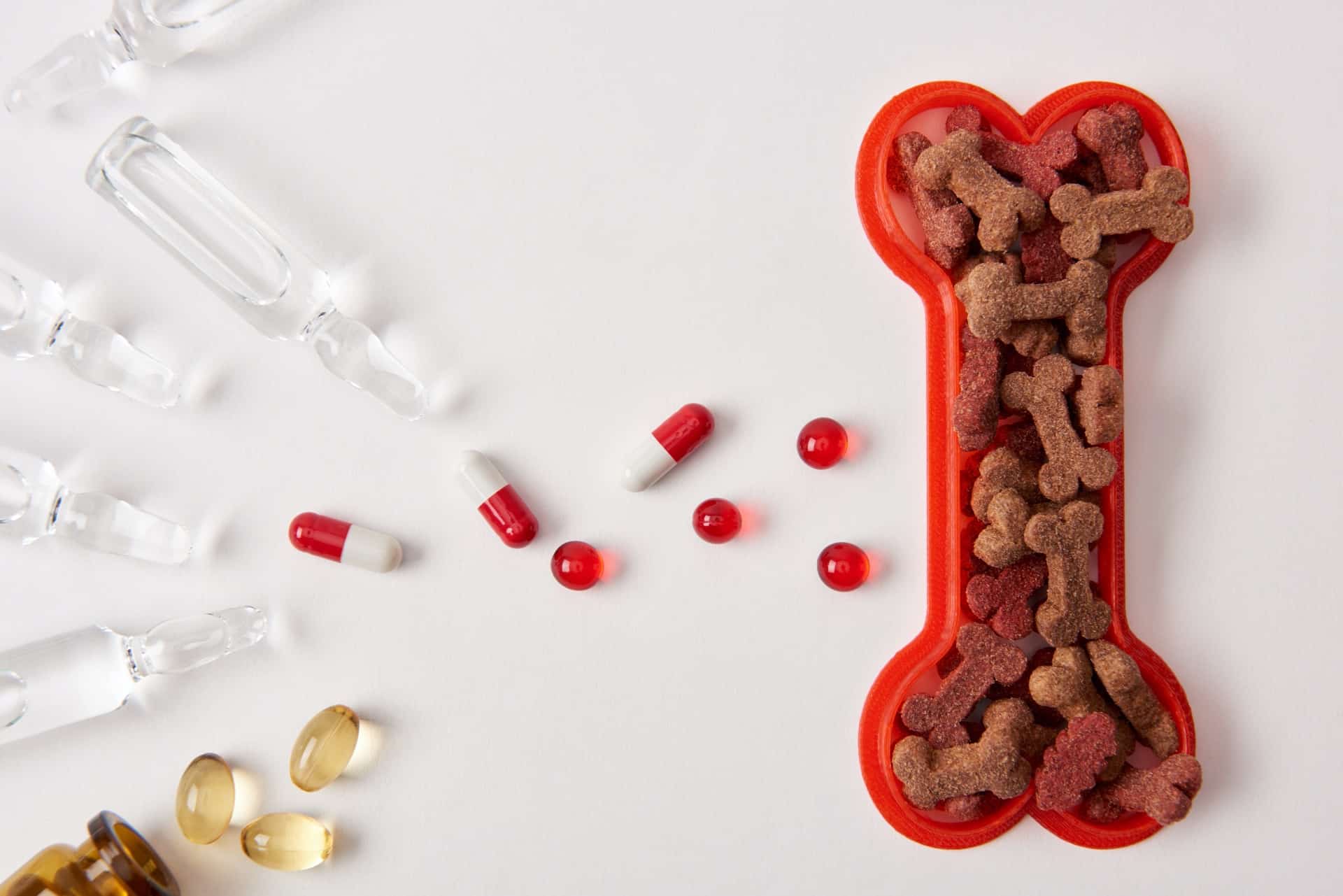
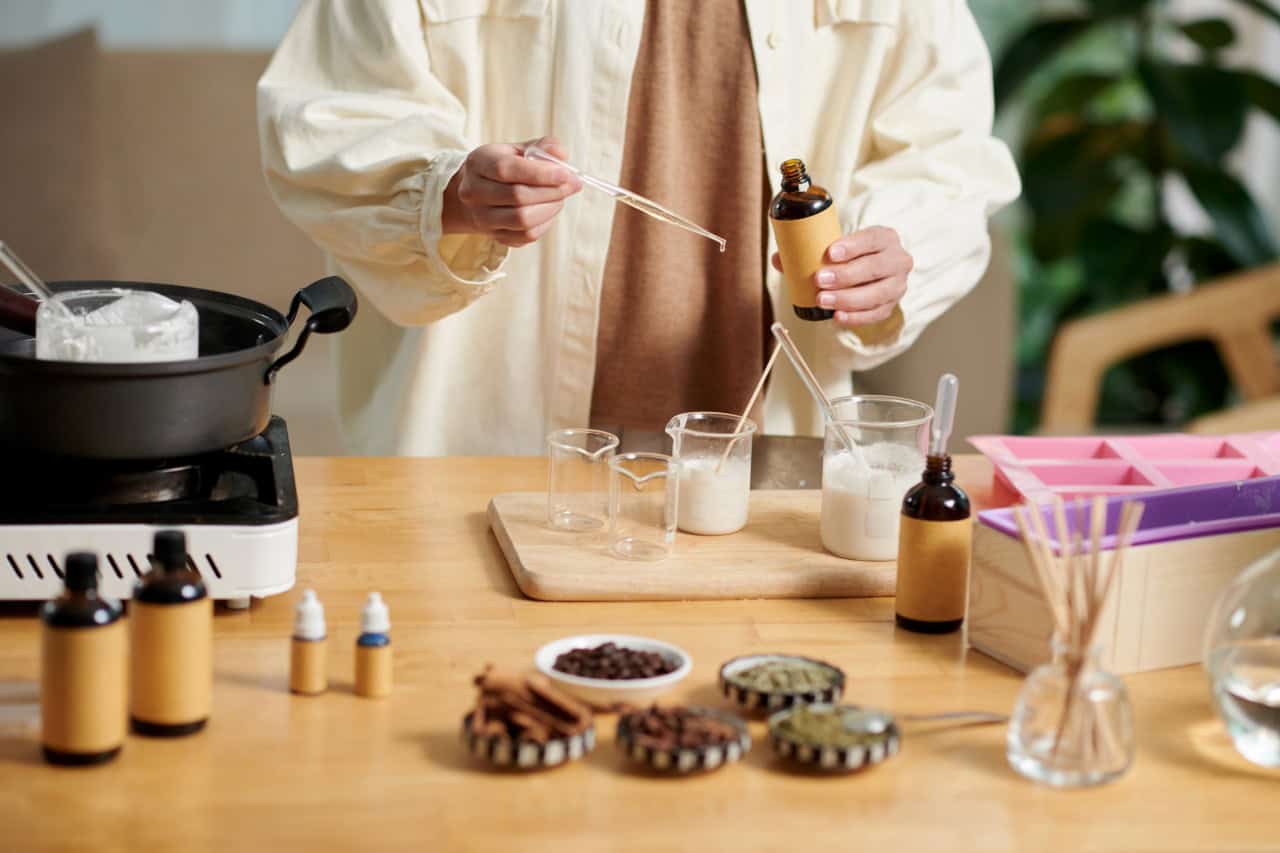
The Interconnected Web: Indoor Farming’s Role in Nutraceutical Production Ecosystems
Vertical Integration: From Seed to Supplement
When you examine modern nutraceutical production, you’ll discover that indoor farming represents just one critical node in an interconnected web of technologies and processes. The controlled cultivation environment serves as the foundation upon which subsequent production stages build, ultimately determining the quality and efficacy of final health products.
The journey from seed to supplement involves multiple interdependent processes. Vertical farming creates ideal conditions for cultivating medicinal plants, but these plants must then undergo precise extraction, formulation, and delivery system development to become effective health solutions. For companies like PhNóva, this vertical integration allows unprecedented quality control throughout the entire production chain.
Consider how the carefully grown botanicals from vertical farms directly feed into PhNóva’s Exosomes-Nutra division. These plant-derived exosomes—natural nanocarriers that enhance bioavailability—depend entirely on the quality of their source material. When medicinal plants are grown in optimal indoor conditions, their cellular structures contain more intact and functional exosomes, creating superior delivery systems for the bioactive compounds they contain.
Enhanced Bioactive Profiles Through Environmental Manipulation
The ability to precisely control growing conditions in indoor farming environments directly impacts the phytochemical profiles of medicinal plants. This manipulation capability creates fascinating opportunities for developing targeted health solutions.
For example, specific light spectrums can significantly increase antioxidant production in plants:
| Light Spectrum | Plant Response | Health Benefit |
|---|---|---|
| Blue-dominant | Higher flavonoid production | Enhanced cardiovascular protection |
| Red-enhanced | Increased carotenoid synthesis | Improved vision and immune function |
| UV-supplemented | Elevated polyphenol content | Greater anti-inflammatory activity |
This environmental manipulation allows PhNóva to develop botanicals with optimized levels of Superoxide Dismutase (SOD)—that powerful enzyme recognized as nature’s defense for joints, heart, and skin. The controlled stress environments of indoor farms can stimulate plants to produce substantially higher SOD concentrations, creating more potent raw materials for nutraceutical applications.
Circular Production Models: Minimizing Waste, Maximizing Value
Indoor farming enables truly remarkable resource efficiency within nutraceutical production chains. The closed-loop systems that characterize advanced vertical farms align perfectly with the principles of circular economy:
• Water recirculation systems capture and reuse nearly 95% of irrigation water • Plant waste becomes compost for future growing cycles • Energy-efficient LED lighting reduces carbon footprint • Controlled environments minimize crop losses to pests and disease
This circularity extends to extraction processes as well. When PhNóva develops its Vertical Farming Botanics, the company employs natural extraction methods that preserve the integrity of bioactive compounds while minimizing chemical waste. The spent plant material doesn’t end as waste—it becomes an input for other biological processes, creating truly sustainable production cycles.
Precision Formulation: The Bridge Between Cultivation and Application
The controlled consistency of indoor-farmed botanicals allows for unprecedented precision in nutraceutical formulation. When ingredient quality remains stable year-round, formulators can develop products with more reliable dosages and effects—a critical consideration for health applications.
This consistency directly impacts PhNóva’s Aroma Neutra & Food division. The palatability challenges that plague many nutraceuticals—bitterness, metallic aftertastes, or strong odors—become more manageable when the source botanicals have consistent biochemical profiles. Masking agents can be precisely calibrated for specific compound profiles rather than needing to account for the wide variability found in conventionally grown medicinal plants.
Bioavailability Enhancement Through Controlled Cultivation
Perhaps the most significant connection between indoor farming and downstream nutraceutical processes lies in bioavailability optimization. The controlled environment doesn’t just increase the quantity of beneficial compounds—it can enhance their molecular structures in ways that improve how your body absorbs and utilizes them.
For instance, when medicinal plants are grown under specific stress conditions in vertical farms, they produce compounds with slightly modified molecular configurations. These modifications can significantly impact how easily these compounds cross cell membranes or resist enzymatic breakdown in your digestive tract.
PhNóva leverages this principle in its exosome-based delivery systems. The plant-derived exosomes, essentially natural nanocarriers, exhibit improved stability and targeting capabilities when sourced from indoor-farmed botanicals. This enhanced delivery capability ensures that bioactive compounds reach their intended targets in your body, improving efficacy while reducing necessary dosages.
Analytical Technology Integration: Real-Time Quality Monitoring
Modern indoor farming operations increasingly incorporate advanced analytical technologies that continuously monitor plant biochemistry during growth. This real-time data collection creates unprecedented opportunities for quality assurance throughout the production chain.
Spectroscopic analysis can detect biochemical changes in plants as they grow, allowing cultivators to make immediate adjustments to environmental conditions. This constant feedback loop ensures that plants produce optimal levels of target compounds before harvesting.
For PhNóva’s commitment to high bioavailability in all its products, this analytical integration means that raw materials can be harvested at precisely the right moment—when bioactive compounds reach their peak concentration and ideal molecular configuration. This timing optimization directly impacts the efficacy of the final nutraceutical formulations.
Customization Potential: Tailored Solutions for Specific Health Needs
The precise control afforded by integrated indoor farming and nutraceutical production creates fascinating possibilities for personalized health solutions. As our understanding of nutritional genomics advances, cultivation parameters can be adjusted to produce botanicals with specific compound profiles matched to individual health needs.
R&D Consultancy
Discover how PhNóva’s R&D Consultancy can help transform your idea into a market-ready solution — with expert support in formulation, regulatory compliance, and innovative delivery systems to give your product a competitive edge.
FAQ's about Residue-Free Farming: How Sustainable Practices Improve Herbal Quality
Get in Touch with PhNóva
Have questions or need expert guidance? Contact us today — our team is ready to assist you with tailored solutions for your formulations.

30/03/2025



